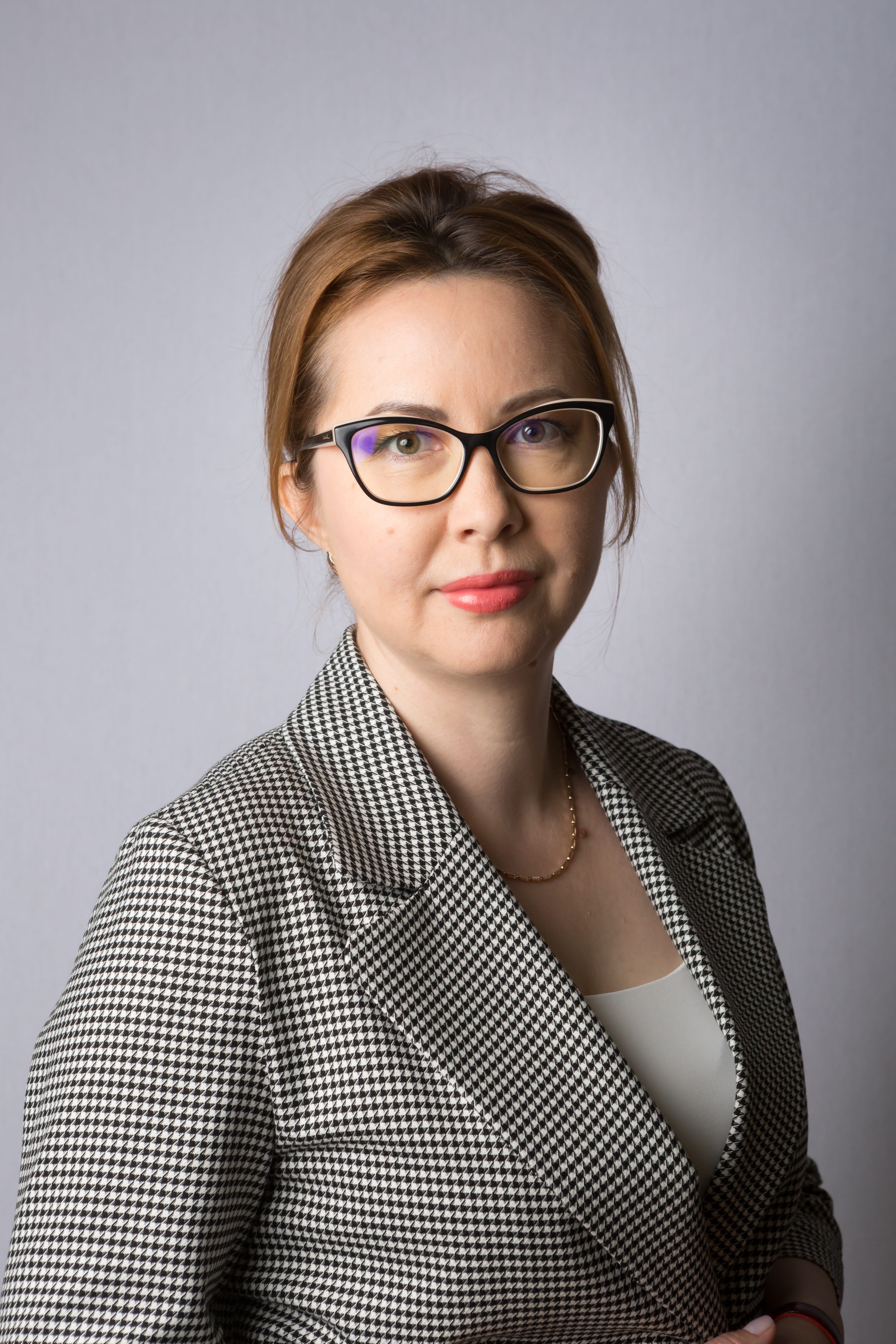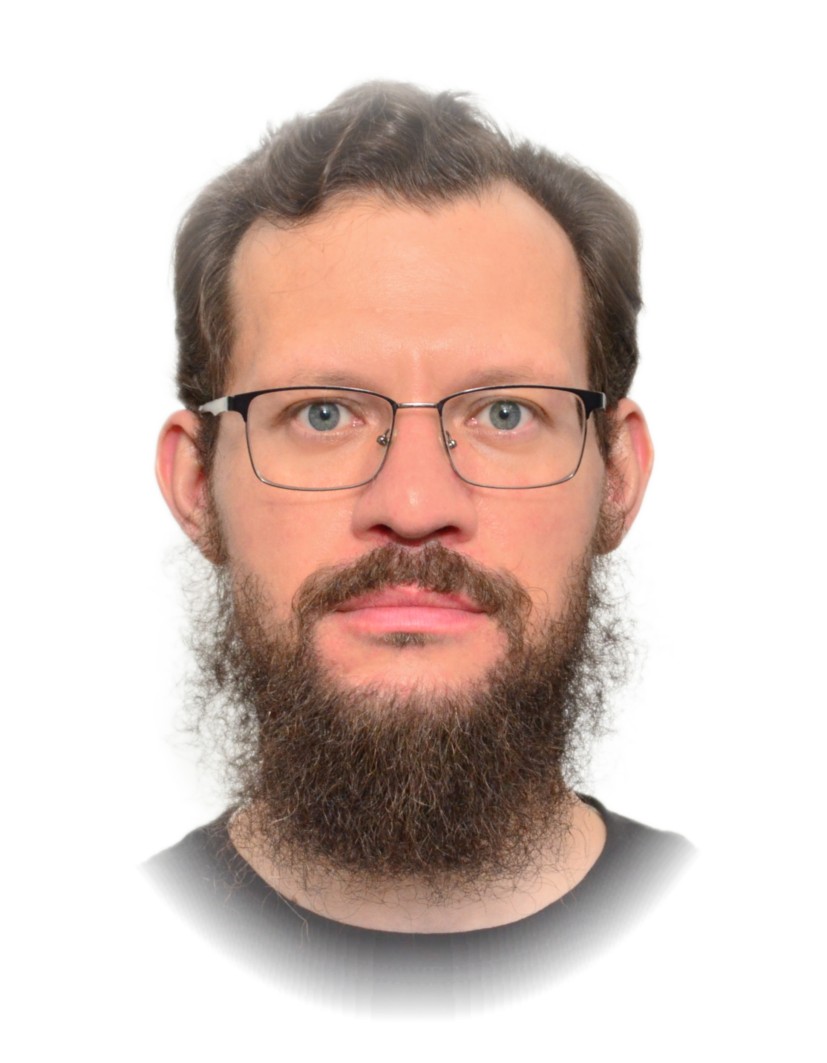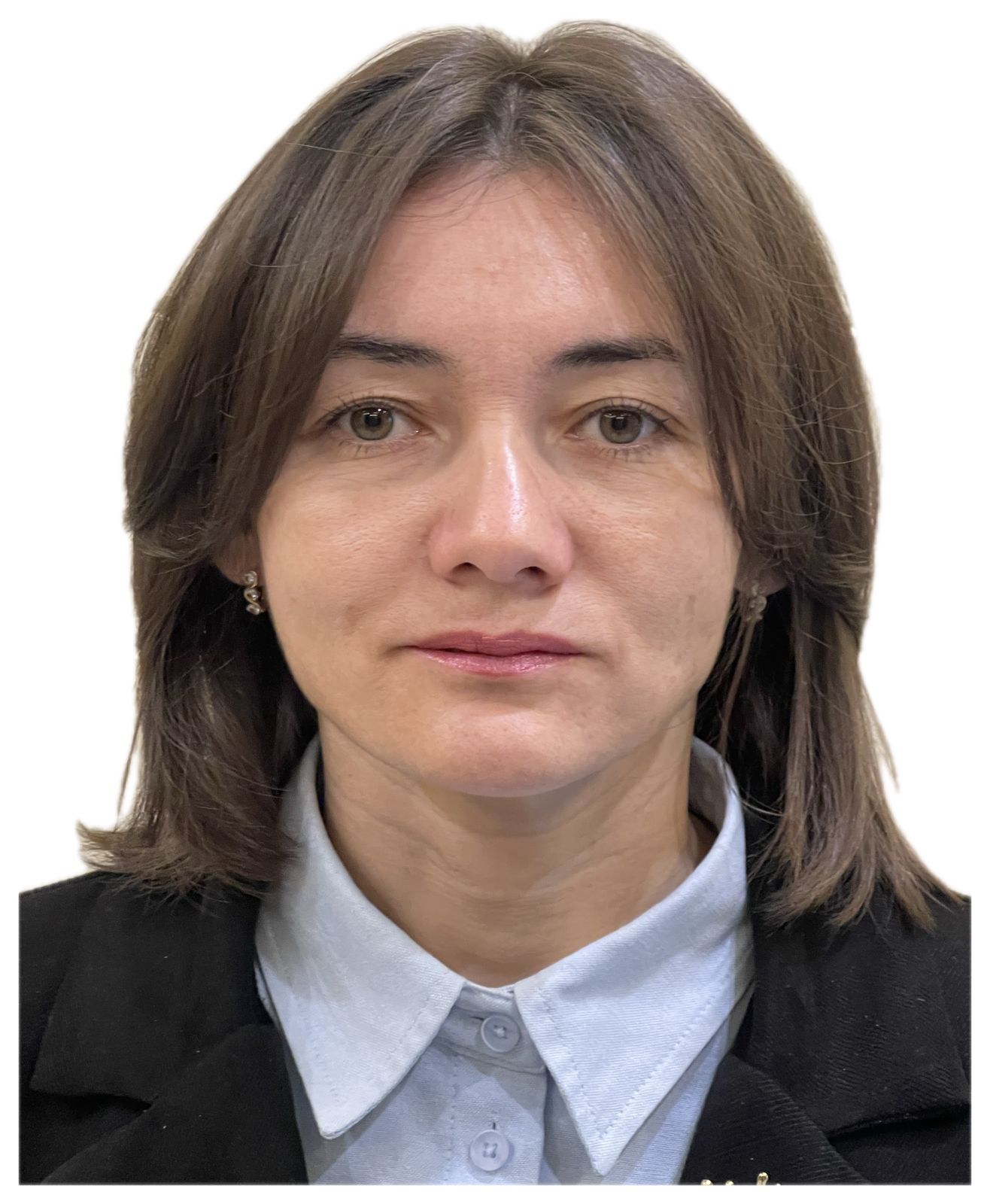The article contains information about polyethnicity and religious diversity in Ufa. It discusses the attitudes of “core” believers towards representatives of traditional faiths, as well as intra-family attitudes towards religion among respondents in Ufa, which differ from other settlements in the republic due to a number of objective factors: the ethno-confessional composition of residents, their values and traditions, and the level of urbanisation. It is noted that in today's society, regularly practising believers perform the functions of socialisation and formation of spiritual and moral values. Religious leaders and “core believers” are seen as elite in the context of state policy aimed at preserving and strengthening traditional Russian spiritual and moral values during 2017–2021. The Department of Religious Studies at the IES of UFIC RAS carried out 2 sociological surveys among active members of religious communities during this period. The results of the study on interfaith relations show that the majority of respondents have a neutral or positive attitude towards traditional religions in Russia and Bashkortostan, such as Orthodoxy, Islam, Judaism and Buddhism. Intra-family religiosity is also positive among both Muslims and Orthodox Christians in the republic.
Key words: Muslims, Orthodox, interfaith relations, Bashkortostan, Russia
DOI: 10.22250/2072-8662-2025-3-141-149
About the authors










